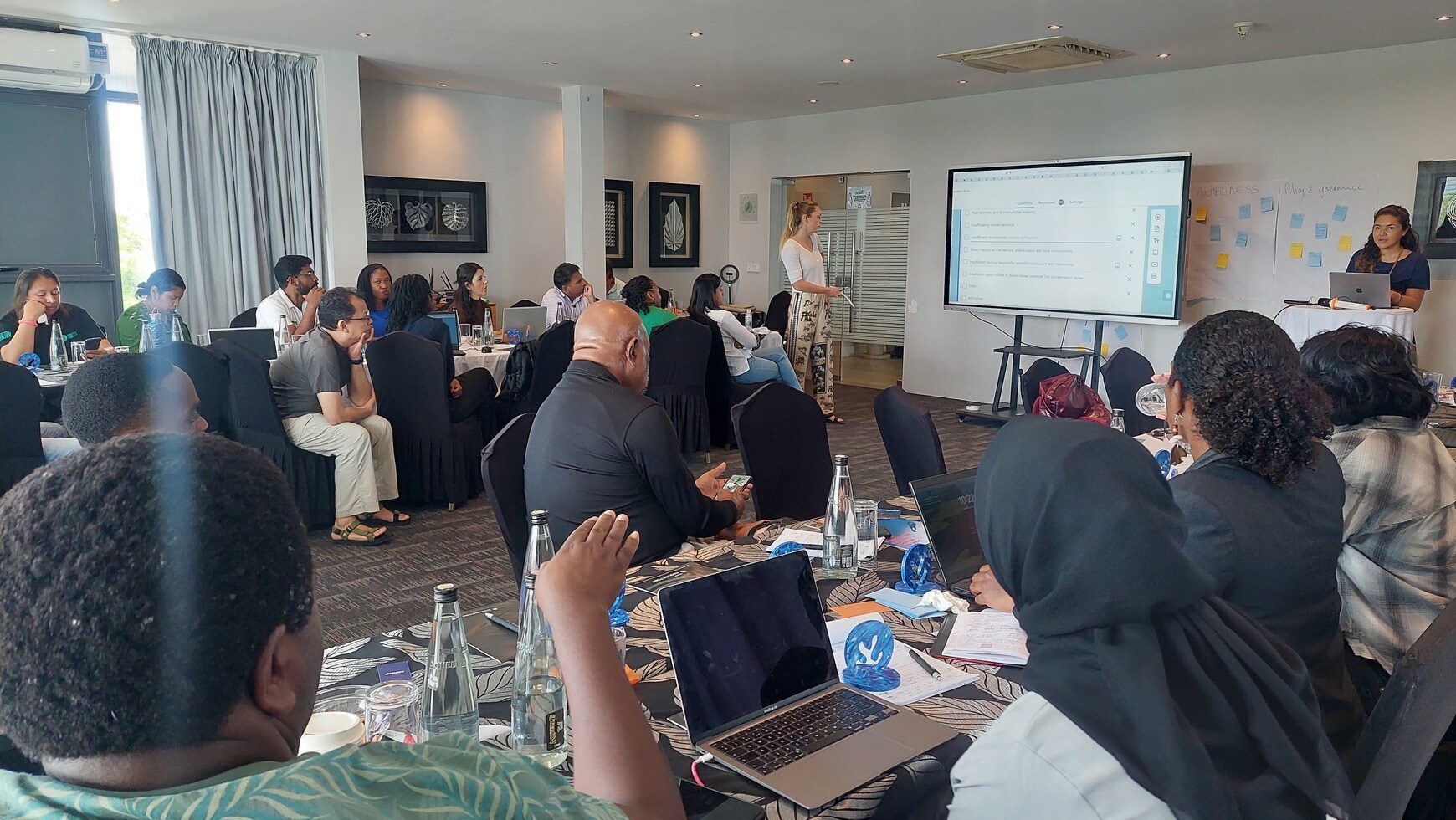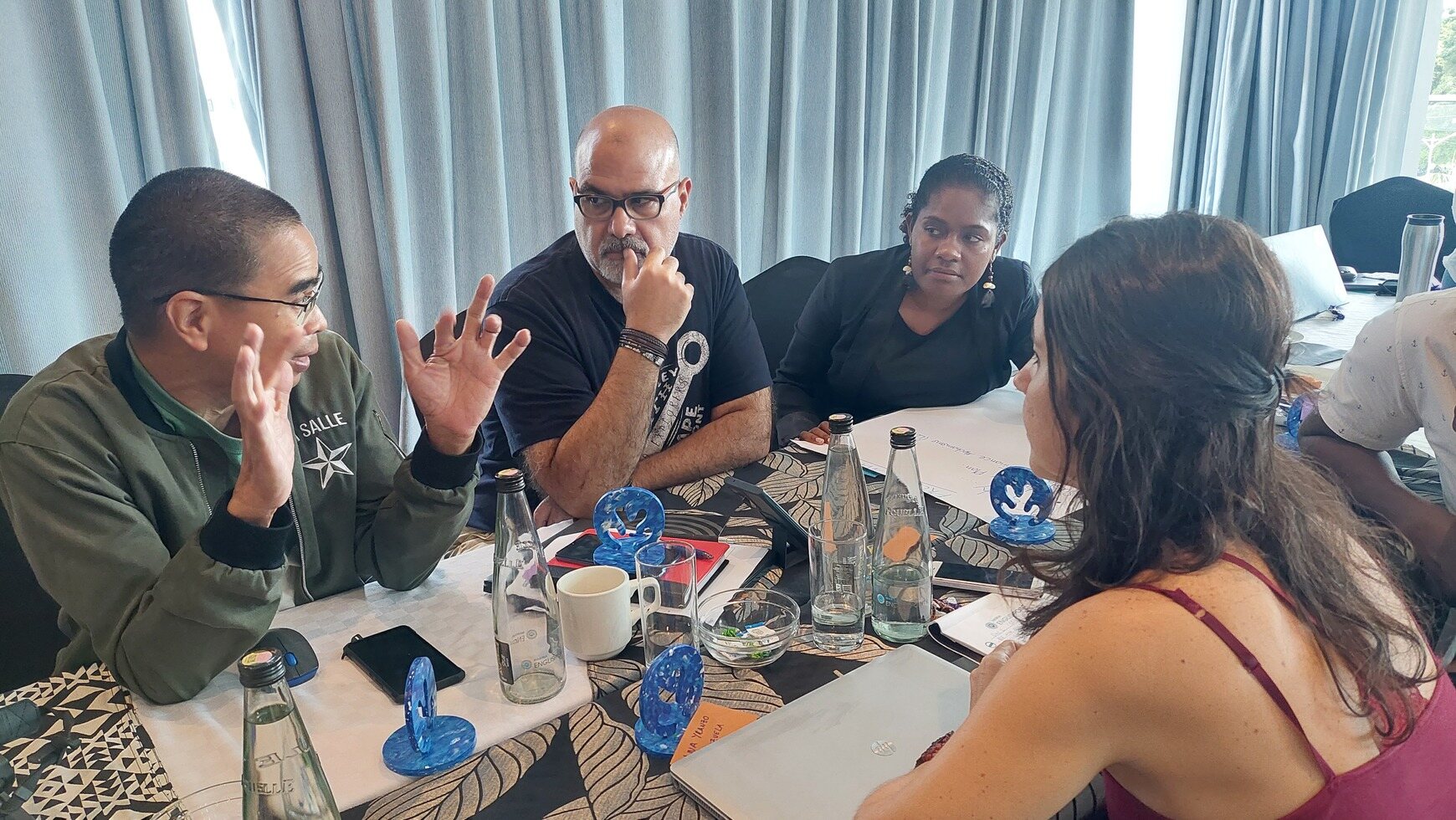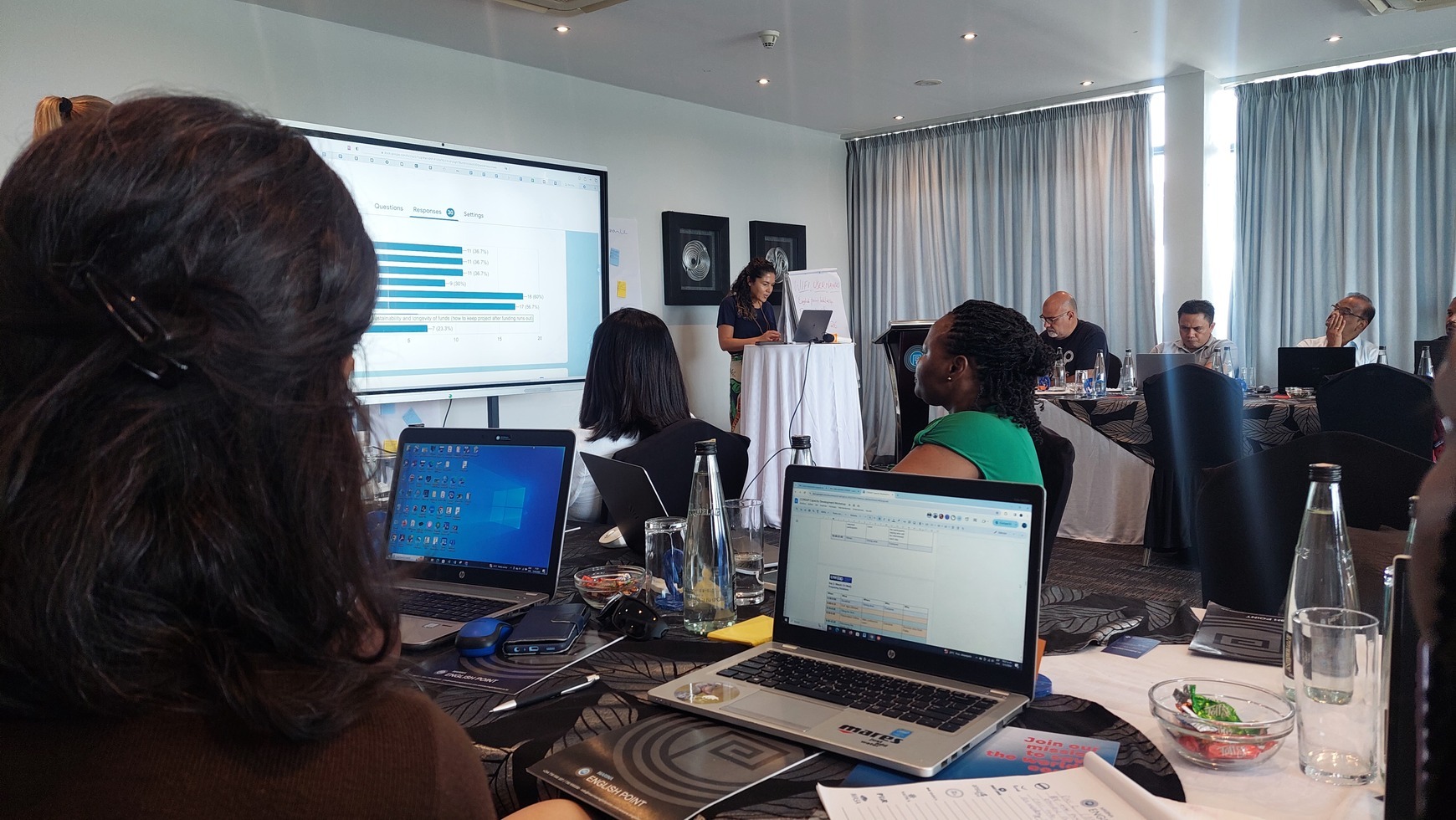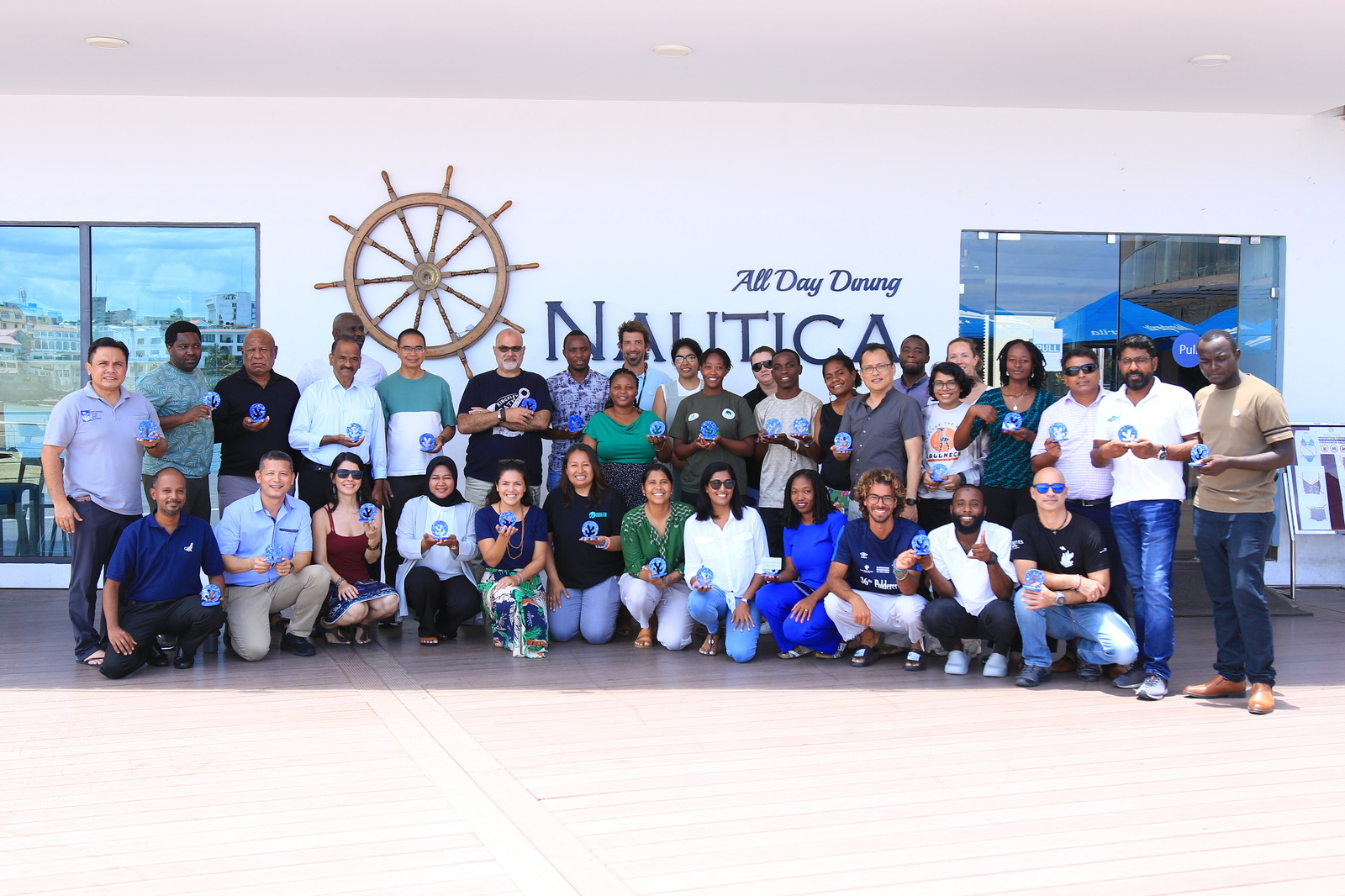Coral conservation experts gathered at a CORDAP-hosted workshop in Mombasa, Kenya to discuss barriers to coral conservation in developing countries, with the goal of drafting a roadmap to help overcome them.
Over half of the world’s coral reefs are found within six countries’ borders. Five of these are part of the Global South.
Helping to build the research, development, and technical capacity of the Global South is a core part of CORDAP’s mission. Doing so will be critical if we hope to conserve and restore coral reefs on a global scale.
That’s why, as part of an ongoing series of scoping studies, CORDAP hosted a four-day capacity development workshop in the port city of Mombasa, Kenya between March 12th and 15th, 2024. The meeting brought together key stakeholders and researchers from around the world, to create an action plan for growing leadership in coral research and development (R&D) in the Global South.
Solutions for the Global South, created by experts from the Global South
Successful coral conservation and restoration initiatives require the full engagement of the local communities, researchers, and practitioners. These local stakeholders understand the challenges they are facing in terms of coral conservation and will be able to determine the changes needed for local capacity development to take place.
With that in mind, the workshop participants were primarily from key, coral-rich areas from the Global South. The group included 34 researchers, industrialists, restoration practitioners, government officials and early-career coral conservationists, 30 of them came from 19 countries within the Global South. Mombasa was chosen as the location for the event, given that it was the Global South coastal city that resulted in the lowest mean carbon costs per flight, all participants considered.

Why is capacity development so important?
CORDAP was established to fund science-based solutions to help save corals. Providing funding for cutting-edge projects, however, is only the first step. We urgently need to ensure that the technologies, tools, and protocols developed in one region can be successfully deployed at-scale in other parts of the world.
The capacity to conserve or restore reefs and coral habitats varies from country to country. For many nations in the Global South, where most corals are found, developing capacity constitutes a key step in the conservation and restoration process.
If a novel technology is generated in a nation in the Global North, but it cannot be deployed successfully in other countries due to a lack of human capacity, or because of limited research, conservation, or physical infrastructure, then the ultimate goal of upscaling coral conservation and restoration will not be achieved.

What are the barriers to coral R&D in the Global South?
The first day of the workshop was spent pinpointing the major challenges currently limiting capacity in developing nations. Alongside a general lack of access to the facilities, tools and technology that would encourage innovation, some other key themes emerged:
> Lack of funding:
Alongside lower economic resources often being available in-country, lack of experience in the often-complicated application process and other more practical issues like a lack of ecological baseline data, which is often needed to qualify for grants, can make accessing external funding difficult.
> Policy and governance issues:
Difficulty in obtaining permits and potentially conflicting policies, such as not enough regulation in some areas and too much in others, can make it hard to carry out projects. Clear mechanisms to help factor research findings into government development plans once data has been gathered are also lacking.
> Collaboration issues:
Local issues include struggling to grow community awareness and involvement, and difficulty in communicating science to policy makers. Internationally, a combination of poor bandwidth, paywalls, and language barriers can limit access to new data and also limit attendance at remote conferences, making it hard for researchers to remain up-to-date or share their information.
> Low potential for human capacity development:
A tendency towards short-term projects has led to high staff turnover and a lack of institutional knowledge, alongside generally low numbers of sufficiently trained personnel. Not enough access to training on project planning and management can also hinder successful outcomes.

Setting out our pathway for growing coral conservation capacity
After brainstorming the challenges to R&D, the participants worked on proposing solutions and action plans. In addition to publishing an outline of this plan in a scientific journal, the team will ultimately create a more detailed Roadmap, which will set out the practical means by which individuals and institutions in the Global South can rapidly grow their capacity to stage successful coral interventions.
The final key outcome of the workshop was setting out how the team will work together in the future, as well as how the initiative will grow in number. There are thousands working in coral habitats on the climate change “frontlines,” so determining how we can ensure more voices are heard as we move forward was a priority for everyone involved and will be critical to the overall success of the initiative.
CORDAP has envisioned this meeting as the launch of a long-term program of work and would welcome the involvement of anyone who wishes to help support coral conservation and restoration through innovation in the Global South.
Learn more about our work to support conservation projects in the field and find out how you can join #TeamCoral

